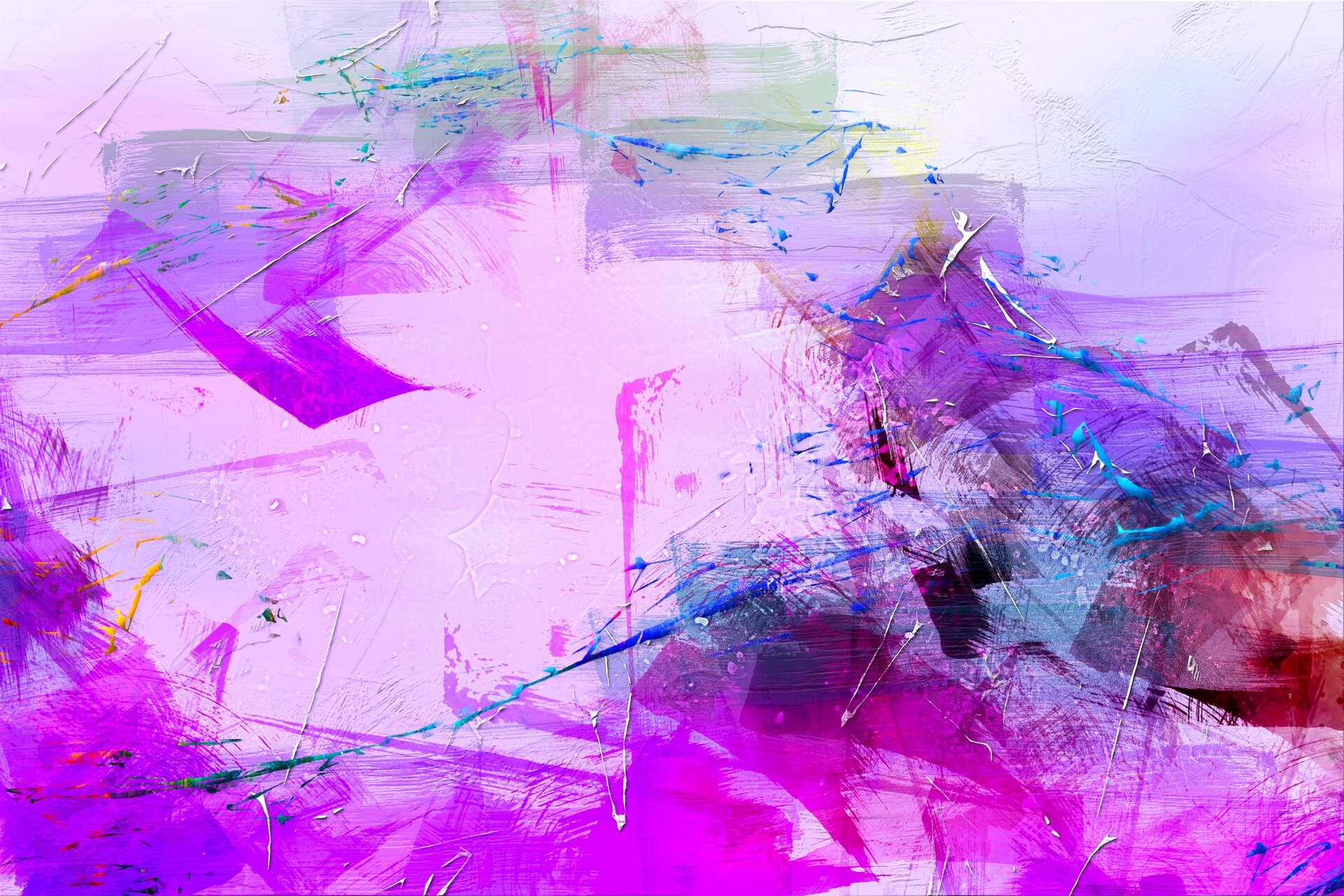Fostering Creativity in Ourselves and Children
/To scaffold and extend children’s natural abilities as theory builders, we must reflect on our own experiences as builders of theory. How do we connect and deepen our own thinking in a world that is often hectic and fast-paced?
To deepen our own thinking, we must give weight to our intentionality in creating experiences that support children’s theory building. Our deepening of intentionality is a profoundly creative act. We try on concepts and refine our thinking as we build theories from our ideas. It is the ultimate type of play experience for adults---the playing with ideas to build theory.
I wanted to find out what is at the intersection of play, creativity, and theory building for adults. I set out on a journey to explore the connections between how we, as early childhood educators, connect our own creativity to how we foster creativity with children.
Why is it important to draw connections between play, creativity, and early childhood education?
First we can see the cost of the ongoing struggle that exists in the modern education system. K-12 education is faced with pushing a structured curriculum and the elimination of creativity in education. This struggle has resulted in a systematic decline of education success and critical thinking skills. Despite the lack of success of this model and calls for reform, state and national funding is going to replicate the same model in early childhood education.
Without research on the importance of creativity and play, we cannot counter the arguments that emerge from the K-12 system on the value of children as constructors of their own knowledge. Creativity theorists point to the importance of not subliming a fundamental human function in children or adults. Further the research points to the importance of play and creativity in our emotional health.
The five themes that I discovered in my journey that are parallel for adults and children alike are:
Creativity and play cannot be separated.
Play and creativity are a biological function.
Creativity and play are action oriented.
Creativity and play involve emotions.
Creativity and play build resiliency.
How do you draw connections between play, creativity, and early childhood education?


